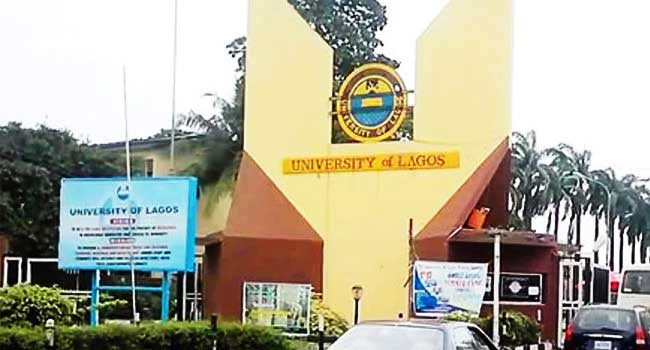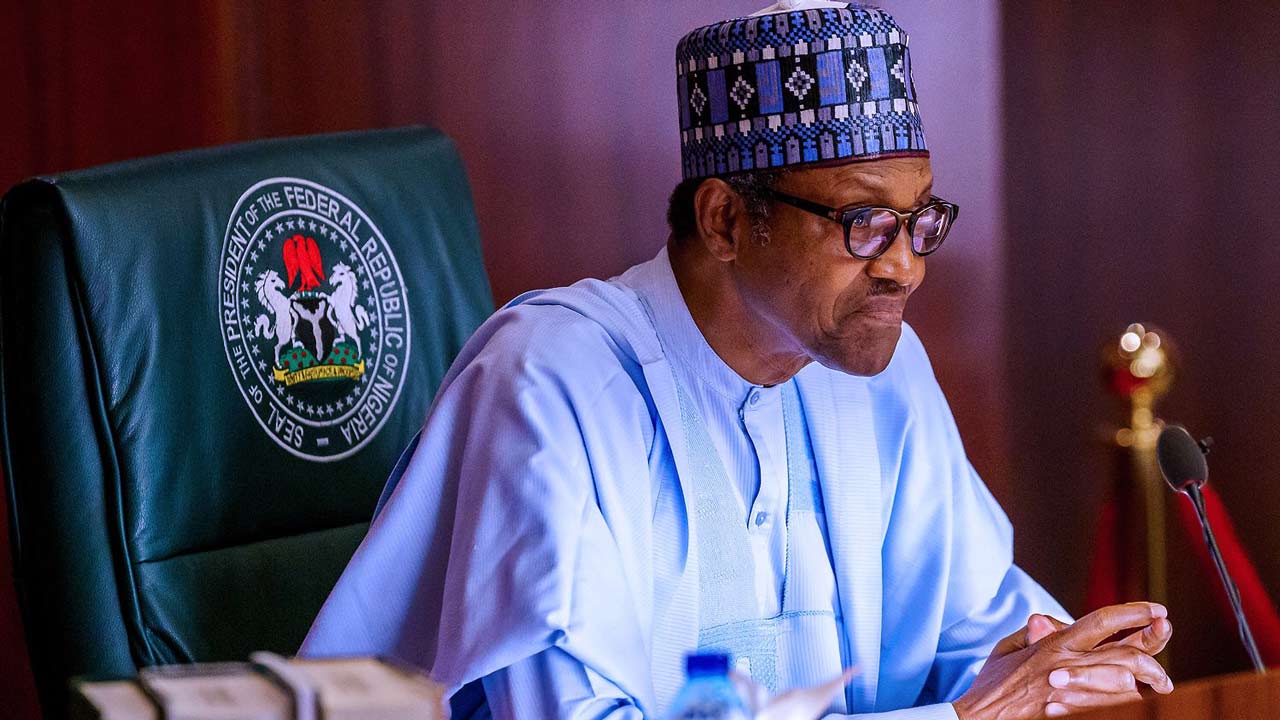The University of Lagos administration has declared a reduction in fees following a meeting with the National Association of Nigerian Students (NANS) executives.
The initial hike in compulsory fees by the institution had sparked protest from students, prompting peaceful demonstrations within the university premises.
In August, the university released a statement detailing the mandatory charges for new undergraduate students, ranging from N126,325 for courses without laboratory/studio to N176,325 for courses with laboratory and studio for one academic session.
Returning students were also expected to pay mandatory charges, with a breakdown showing N100,750 for courses without laboratory/studio and N140,250 for courses with laboratory/studio.
The university attributed the fee increase to the need for students to have an enhanced learning experience. However, after the meeting with NANS and university faculty presidents, the administration agreed to revise the fees downwards.
Returning students will now pay N80,000 per annum, reduced from N100,000. Those with laboratories will pay N120,000 instead of N140,000. Medical students will now pay N170,000, down from the initial N190,000.
Furthermore, utility charges were reduced from N20,000 to N15,000, and the convocation fees were reduced by N3,000. Incoming students had a N10,000 reduction in their fees each.
The university administration recognized the economic challenges and adjusted the fees accordingly, considering the recent subsidy removal.
The issue of the Student Union Government (SUG) President’s return was also discussed during the meeting. Management had been considering the students’ request, and they agreed to initiate the process of bringing back the SUG.
The NANS President emphasized the importance of SUGs in universities and encouraged active collaboration between students and management on critical issues.
The reduction in utility and convocation fees, as well as hostel fees, was also achieved during the deliberations. The NANS President urged the Federal Government to prioritize investment in education, health, and agriculture, particularly after the removal of fuel subsidies.





















